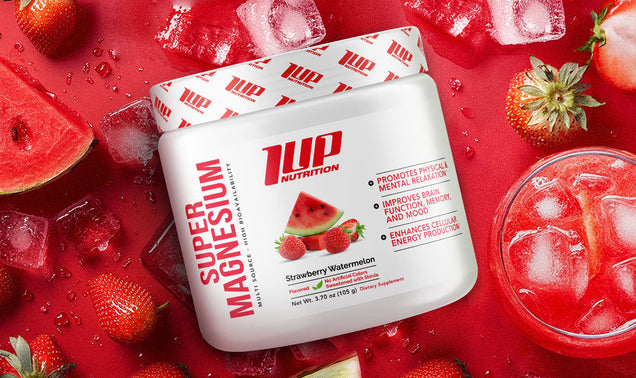There is an ongoing debate in fitness regarding which method of cardio is best for fat loss -- fasted cardio or fed cardio.
Before we can answer that question, let’s briefly recap the difference between the two.
What is Fasted Cardio, and What is Fed Cardio?
When people think of fasted cardio they typically think of that as meaning they don’t have a feeling of being “full.” And that’s true to a certain extent, but to be truly fasted, you need to make sure your insulin levels are at baseline.
The reason you can’t go off the “full” feeling or waiting an hour or two after you’ve eaten a meal, is that while you might feel like you have an empty stomach, your body is still digesting, processing, and absorbing nutrients.
In fact, depending on the composition of your meal (amount of protein, carbs, fats, and fiber), your body can still be digesting and absorbing the nutrients of that meal for up to 5-6 hours after you’ve finished eating it.
During this time, insulin levels are elevated, which means your body is in a nutrient storage or “fed” mode.
To be in a fasted state, your insulin levels need to be at baseline levels. If you were to exercise when insulin levels are elevated, you would be performed fed cardio rather than fasted cardio. This is why individuals choosing to perform fasted cardio, typically perform it upon waking, as your body has had all night to process and absorb the nutrients from your last meal.
Why Perform Fasted Cardio?
The rationale behind performing fasted cardio is rooted in the notion that when you are in a fasted state (such as when you wake up in the morning), insulin levels are low, and your body will rely on its stored energy (i.e. body fat) for fuel during exercise. This is due to the thinking that the lengthy absence of food induces a drop in blood sugar, leading glycogen levels to fall, and the body having no alternative but to use its stored body fat to use as fuel.
And this has panned out in the research -- when exercising at lower intensities in a fasted state your body does burn primarily fat for fuel.[1]
However…
Fasted Cardio vs Fed Cardio
In the grand scheme of weight loss, energy balance is king, which means that regardless of whether or not you perform fasted or fed cardio, it about calories in vs calories out.
Remember, the number of calories burned during exercise accounts for a very small fraction of your total daily energy expenditure (TDEE). What you eat during the day as well as how large of an energy deficit you are in will have far greater impact on weight loss than whether you performed cardio fasted or not.
Focusing on fat-burning on an hour-by-hour basis is incredibly short-sighted. Taking the larger, macro-view of daily and weekly energy balance is what you should really be focused on when pursuing your body transformation, not how many calories you burned during a morning stroll on the treadmill.
There’s also another thing to consider regarding fasted cardio -- potential loss of muscle mass.
Fortunately, sipping on BCAAs during fasted exercise can help prevent muscle loss.
Benefits of Fasted Cardio
Over and Done With
When you wake up and get cardio out of the way, you’ve checked it off of your list of things to do for the day. By completing it first thing in the morning, you won’t have to do it after weight training later in a day.
Greater Energy During the Day
Anytime we exercise, feel-good chemicals including dopamine, serotonin, endorphins are released into the body. These neurotransmitters boosts your mood and overall sense of well-being, giving you greater energy throughout the day that can propel you into your afternoon workout session.
Motivational Boost
Exercising first thing in the morning also imbues us with a sense of accomplishment, which provides a feelings of success, confidence, and motivation to help you seize the day. Others who shirk off their morning workouts won’t receive the same boost, and may be less motivated to even do their cardio after their later workouts.
Takeaway
At the end of the day, whether you perform fasted cardio of fed cardio isn’t the question we should be asking. Rather, it’s what time of day works best for you and helps ensure that you get your workout in.
For most of us, the best time to get cardio in is after our resistance-training workouts. But, if you find that you’re too drained from weight lifting to get in your cardio and give it your full effort, doing it first thing in the morning is a great alternative!
And if you need a morning boost to get your cardio in, 1UP Nutrition has created Sport Amino -- a low caffeine cardio pre workout powder that helps you to perform your best. It also includes 5 grams of 3:1:1 BCAAs to fuel performance and protect muscle tissue during fasted workouts.
References
- Gonzalez, J. T., et al. Breakfast and exercise contingently affect postprandial metabolism and energy balance in physically active males. Br J Nutr. 23:1-12, 2013.






